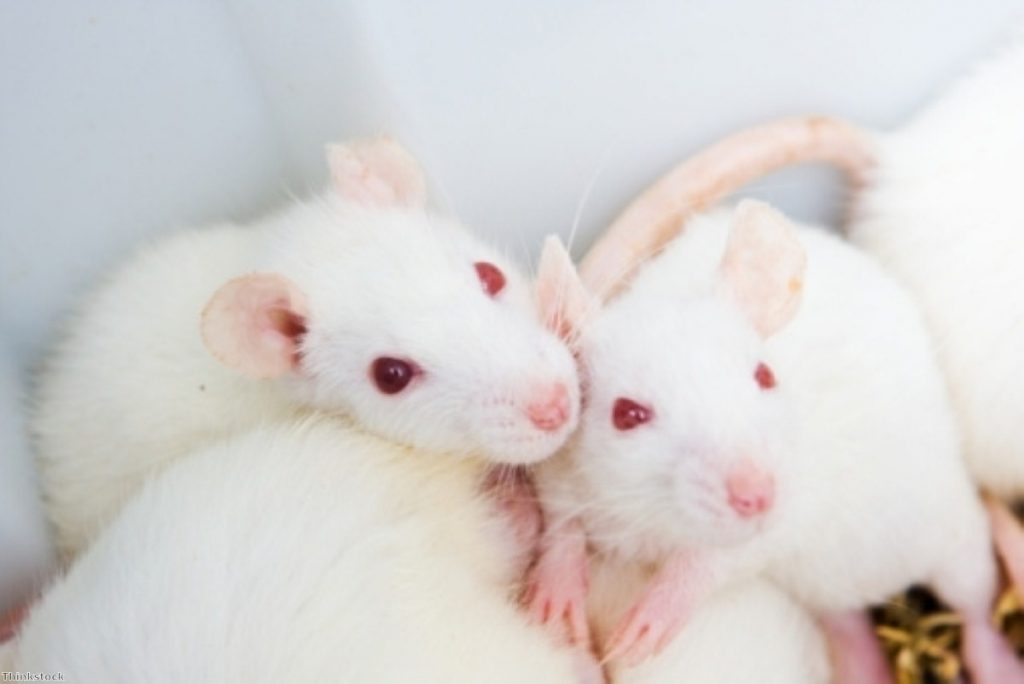EU legal change could threaten ban on animal cosmetic testing
By Dr Julia Baines
Most people understand what is meant by a marketing ban: that certain goods are not allowed to be sold – right? Wrong, at least according to advocate general Michal Bobek. Last week, Bobek provided the European Court with his legal opinion in response to a judicial review of the marketing ban on cosmetics tested on animals. The case had been prompted by the European Federation for Cosmetic Ingredients.
Bobek advised that cosmetics products and their ingredients that have been tested on animals outside the EU can be placed on the EU market. Yet this advice flouts the purpose of the cosmetics regulation, which is to ensure the safety of cosmetics products and their ingredients through the use of only humane non-animal methods.
Few things are more despicable than tormenting animals to create another shade of lipstick. Today, we rightly recognise that an animal's life is worth more than a tube of lip gloss. That's why people everywhere celebrated in 2013 when the ban on tests on animals for cosmetics – and also, notably, on sales of cosmetics tested on animals – came into full force.


Yet Bobek would effectively destroy the long-fought-for marketing ban. Cosmetics products and their ingredients which are injected into guinea pigs, forced down the throats of rats or dripped into rabbits' eyes in countries such as China, would under his assessment be permitted in the EU market. The only caveat is that companies couldn't rely on the data derived from tests on animals in order to demonstrate the safety of cosmetics for human health. Talk about taking one step forward and two giant steps backward.
It's ludicrous that the pain, suffering and death of animals can be ignored as long as companies also present data from humane non-animal tests. What good is that to rabbits who have mascara smeared into their eyes or guinea pigs who are injected with shampoo ingredients in order to check for painful skin reactions?
If the court follows Bobek's disgraceful advice, it would also mean that consumers who assume products purchased within the EU are cruelty-free will be misled, since companies will be allowed to market and even label products as cruelty-free, even when, in reality, their production caused animal suffering.
The court should reject Bobek's opinion and uphold the purpose of the cosmetics regulation by ensuring that cosmetics products and their ingredients marketed in Europe are never tested on animals under any circumstances anywhere in the world. To do otherwise would render the ban meaningless.
In the meantime, consumers can ensure that they're shopping cruelty-free by checking Peta's US' online lists of companies that do and do not test on animals.
Dr Julia Baines is Peta's science advisor.
The opinions in politics.co.uk's Comment and Analysis section are those of the author and are no reflection of the views of the website or its owners.

